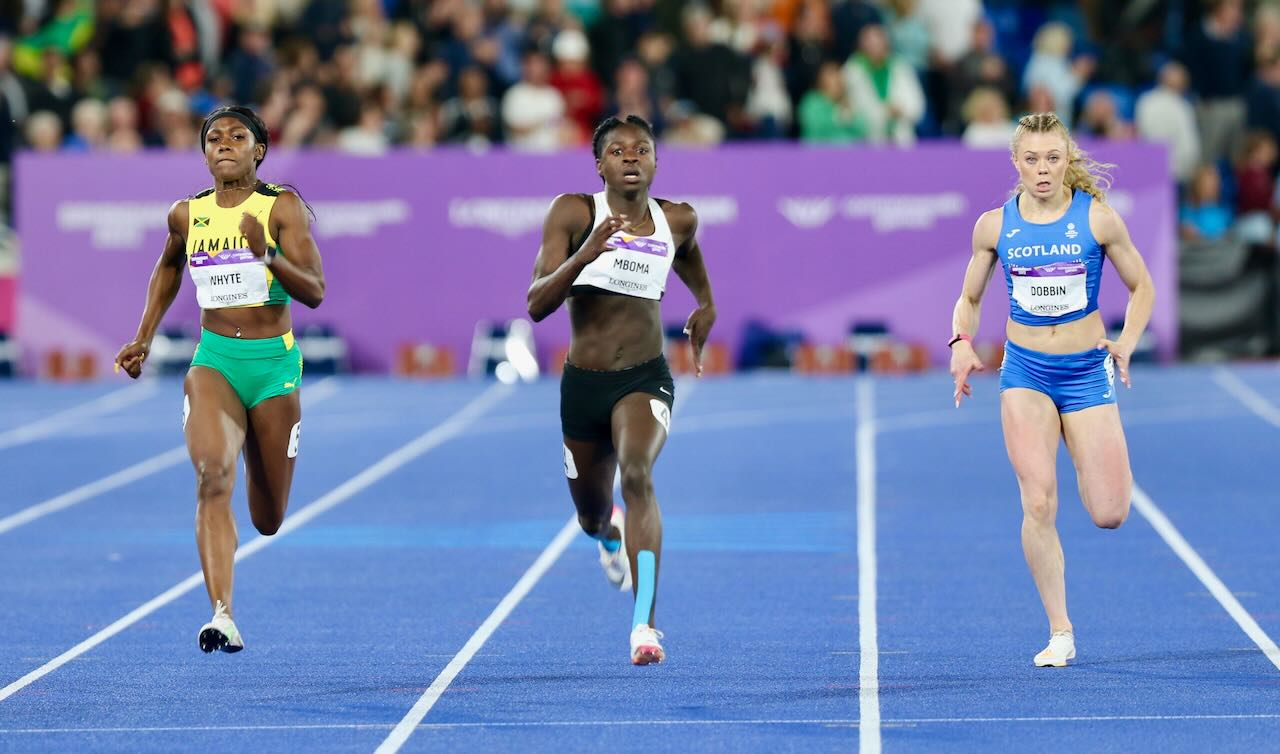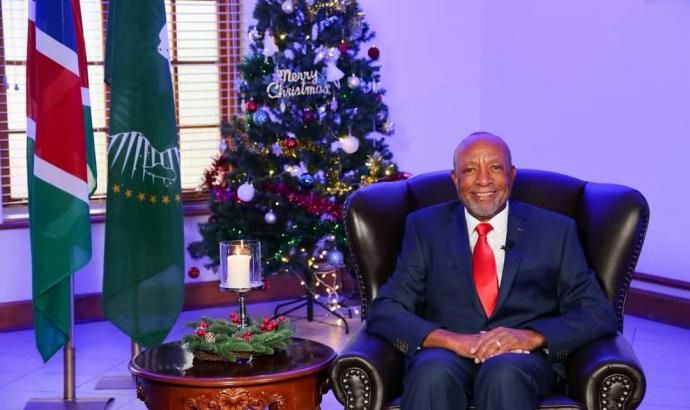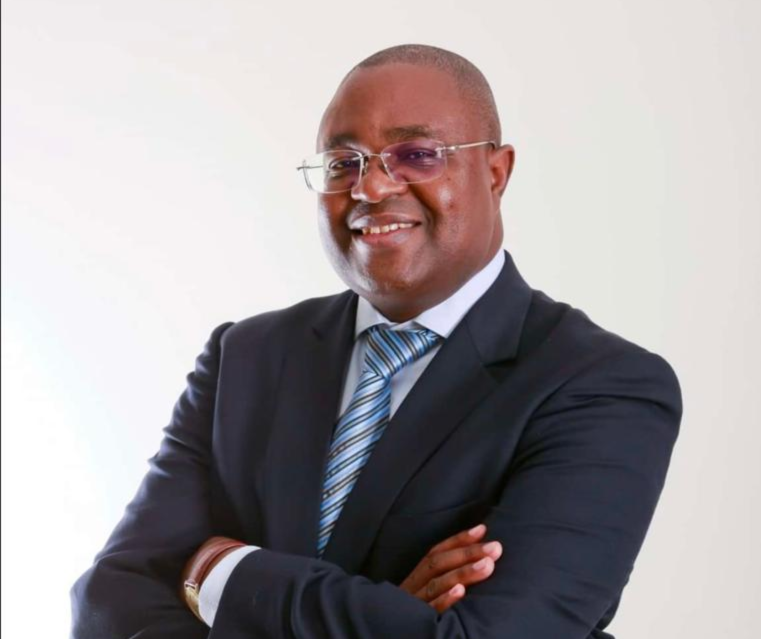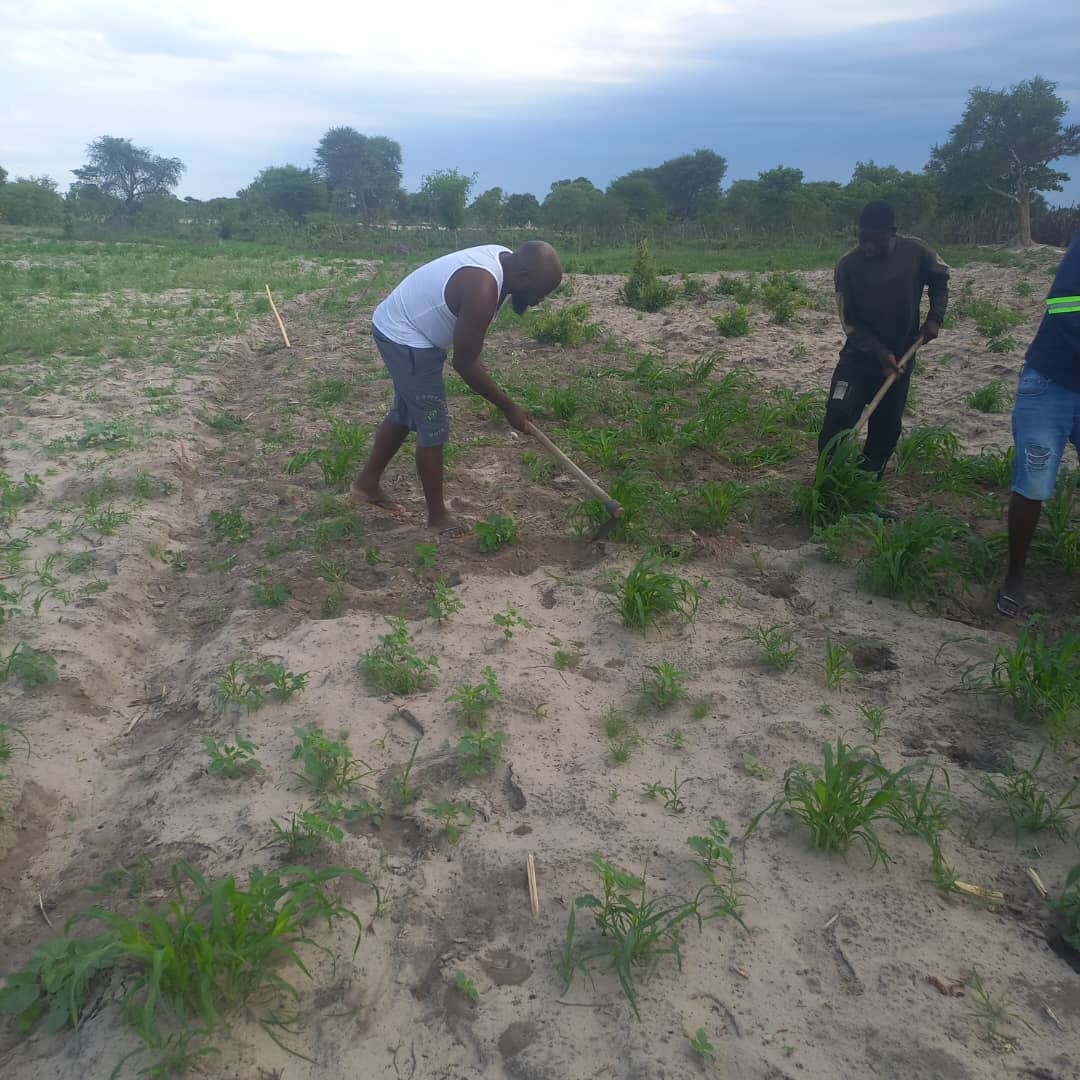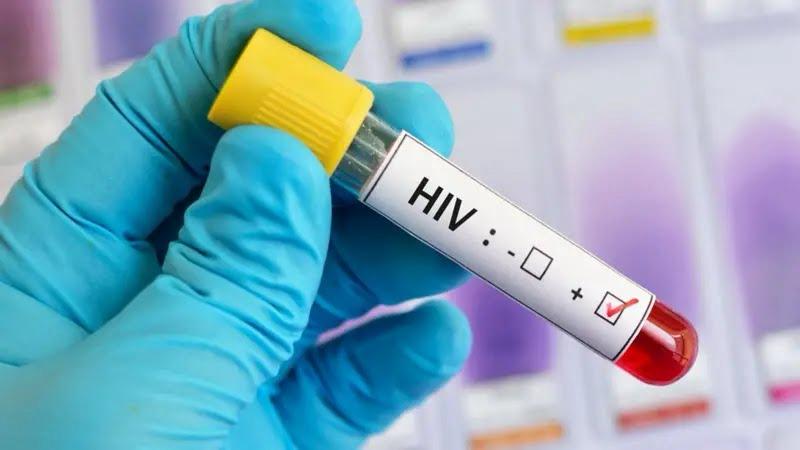Over the years, Namibia has sent a considerable number of athletes to the Olympic Games, and hopes to send 16 athletes to compete in the Summer Games billed for Paris, France, next year.
Qualification of athletes for the Olympic Games has been shrouded by little or no transparent communication from the federations and national associations in terms of which athletes have qualified for the Olympic Games.
In an exclusive interview with Desert Radio, Namibia National Olympic Committee (NNOC) president Abner Xoagub said preparation for the Olympic Games takes place over a four-year cycle.
In terms of how the committee has assisted athletes, Xoagub said identification and qualification should have started in 2021 and 2022, as federations issued qualifications times and criteria for the respective sport disciplines.
“So, the NNOC has been in communication with the relevant federations and associations. Telling them to get ready and identify events where they can take athletes. For example, a sprinter who has clocked 11 seconds must be able to drop to 10 seconds to qualify for the Summer Games.”
Namibia appeared for the eighth consecutive time at the 2020 Summer Games in Tokyo, Japan, having fielded 11 athletes who took part in athletics, boxing, cycling, rowing and swimming.
“Preparation for athletes to participate at the Paris games is not starting now, by now you are supposed to have already qualified, shaped up so that you can go to Paris and compete for medals, that is what they are supposed to do,” said Xoagub.
“We have been talking to the federations and engaging athletes whom we know have potential to qualify for the games. That is happening and are confident of the Paralympic athletes’ qualification for the games.”
With the recent announcement by World Athletics (WA) allowing sprint sensation Christine Mboma to compete in the 100m and 200m, head coach Henk Botha said the focus will now be on the Paris qualification, and Mboma may leave for Europe for a training camp in preparation for the qualifying events.
Erongo sport officer Bethold Karumendu agreed that the four-year cycle is a must and that Namibia was supposed to have started competing in qualifying events soon after the Tokyo games.
“That was the time for the federations and associations to have started to identify athletes who were in need of assistance.”
He said the sport bodies should have gotten help from the NNOC through the Olympic solidarity programme.
Karumendu is confident and hopeful that the country could have a long jumper and marathon runners at next year’s event.
“At the Olympic Games, athletes go to compete for medals. The four-year cycle is not easy as those athletes running in the 100m must record under 10 seconds,” he said.
“Federations were supposed to wake up long time ago and identify athletes by applying to the NNOC to be assisted through the solidarity programme.”
It is not yet clear how many athletes have to date qualified for the Summer Games, with the much anticipated games scheduled from 26 July to 11 August next year.
However, Karumendu is upbeat that the country can have four to six athletes qualifying for the games, but urged both the public and private sector to assist where possible.
“It is up to us as a country, coaches and athletes to up our game and improve performance by training hard to excel in the qualifying games.”
Xoagub added: “With the remaining qualifying events, we can scratch our pennies (few cents) together and assist where possible.”
Though Xoagub did not reveal the exact budget needed for qualifying and preparation for the games, a budget is nonetheless submitted to the line ministry for consideration and are awaiting communication to that effect.
Stay informed with The Namibian – your source for credible journalism. Get in-depth reporting and opinions for
only N$85 a month. Invest in journalism, invest in democracy –
Subscribe Now!



